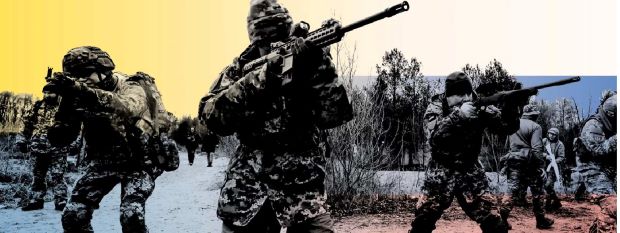By Uditha Jayasinghe
COLOMBO – Sri Lanka will tighten controls to try to stop its men being lured to Russia to fight in Ukraine with often false promises of salaries and benefits, a minister said on Thursday (30).
Colombo will also send a delegation to Moscow in June to bring back dozens of Sri Lankans already fighting in the front line who want to come home, some of them wounded, State Minister for Foreign Affairs Tharaka Balasuriya told reporters.
Countries across the region, including India and Nepal, have raised the alarm about their men being persuaded to travel to fight for Russia in Ukraine with offers of salaries, visas and sometimes university places.
Russia’s ambassador to Sri Lanka, Levan S. Dzhagaryan, told the press conference on Thursday his embassy would cooperate with the efforts to stop Sri Lankans from travelling illegally to Russia. He said his government was not involved in the recruitment offers.
Under the new controls, men will have to produce a “no-objection” document from the Sri Lankan defence ministry when they apply for a tourist visa to Russia, Tharaka Balasuriya told reporters.
“I get about ten calls a day from people about this issue. We have reports of people being promised pay but it’s not credited to their accounts,” the minister said.
“Some people have taken loans to go and aren’t able to pay them back. They are facing many hardships and we want to find a way to bring them back,” he added.
Campaigns on social media platform WhatsApp have targeted former members of Sri Lanka’s military, according to the Sri Lanka’s defence ministry.
Families of Sri Lankans who have travelled to Russia have lodged 455 complaints with the Colombo government, and the actual number of people involved could be higher, Balasuriya said.
At least 37 Sri Lankans have been wounded in Ukraine and 16 others are missing, according to foreign ministry data.
The online recruitment campaigns have been tempting to many as Sri Lanka struggles to emerge from its worst financial crisis in more than seven decades. Poverty rates have doubled from pre-pandemic levels.
Many military personnel retired from active service after Sri Lanka ended a 26-year civil war between separatist Tamil insurgents and government forces in 2009.
-Reuters



Comments are closed, but trackbacks and pingbacks are open.